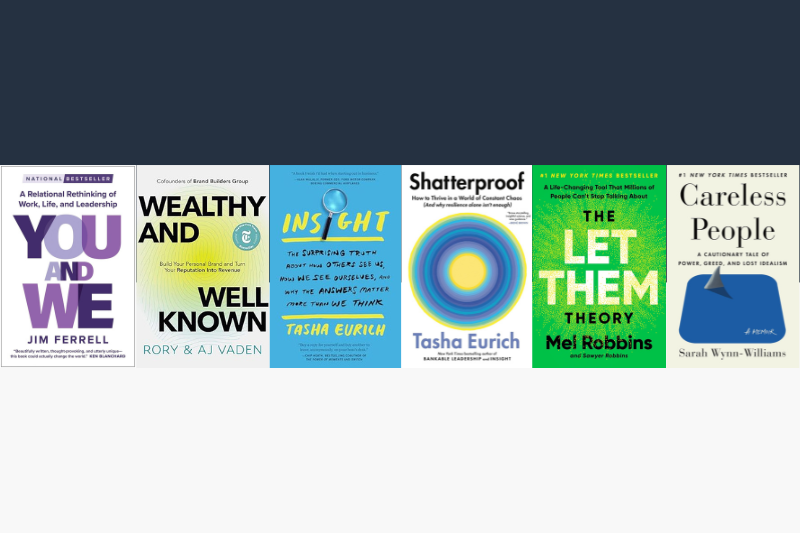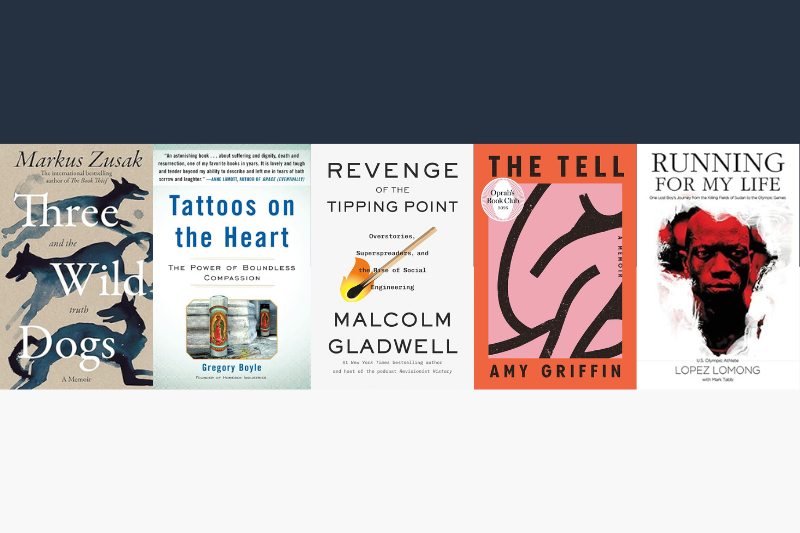There are four sets of mindsets that have been repeatedly found to drive the degree to which we are successful in life, work, and leadership. Last week, I discussed inward/outward mindsets.
This week, let me discuss fixed/growth mindsets.
Competing Needs
Each of us has two basic needs, but unfortunately, they are competing. Thus, we have a tendency to choose one of the other.
Before I present these needs, I want you to get ready to take a minute to ask yourself which need you primarily focus on fulfilling.
The two needs are:
- To look good
- To learn and develop
Looking Good

When we primarily focus on looking good, we:
- Always try to be seen as successful and competent
- As a way to protect ourselves, we avoid putting ourselves in situations where we may display a weakness or fail
- Come to believe that success should come naturally and that putting forth effort is an admission of weakness, frailty, or limitations
- Focus on proving that we are smart and talented, and on validating ourselves
These are the characteristics of someone with a fixed mindset. They believe that their abilities, talent, and intelligence are fixed, something they cannot change.
Because they do not believe their abilities, talent, and intelligence are fixed, we become preoccupied with avoiding mistakes and failures. This is because if we fail, and we do not have the ability to change, that must mean that we are a failure.
Thus, those that have a fixed mindset internalize failure and have a very difficult time coping with failure, often leading to depression.
Learning and Developing

When we primarily focus on learning and developing, we:
- Look at challenges as opportunities to learn and grow
- Are willing to put ourselves in situations that will test us
- Believe that effort is the path to success
- Respond positively to failure
These are the characteristics of someone with a growth mindset. They believe that their abilities, talent, and intelligence can grow, and thus they thrive on the very things that those with a fixed mindset try to avoid.
Fixed/Growth Mindsets in Action
Let me give you a few examples about how these mindsets affect us.
Because everyone can relate to school/education examples, let me start with a couple.

First, when you were in school, if you were going to comment, would you only comment when you knew the answer (fixed mindset), or were you willing to comment at any time, seeing it as an opportunity to learn and be corrected if you were wrong (growth mindset?
Second, in school, were you primarily focused on getting a good grade (how you looked; fixed mindset), or on learning and mastering the material (how much you grew; growth mindset).
Third, if something is challenging to you, do you see it as a sign that you are on the wrong path (fixed mindset), or do you see it as an opportunity to further develop yourself.
Impact of Fixed Growth Mindsets
Not only do our fixed/growth mindsets affect how we approach and think about life, but they also affect those around us. In fact, research has found that fixed-mindset managers give less quantity and quality feedback to their subordinates because they do not feel they can develop or improve; whereas growth mindsets give higher quantity and quality feedback to their subordinates because they believe that they can improve.
Who would you want to work for? Someone who encourages your growth, or someone who is continually looking for signs of failure?

Illuminating the effect of having a fixed mindset when in a leadership position, in her book Mindsets, Carol Dweck states the following about fixed-mindset leaders:
“They didn’t set out to do harm. But at critical decision points, they opted for what would make them feel good and look good over what would serve the longer-term corporate goals. Blame others, cover mistakes, pump up the stock prices, crush rivals and critics, screw the little guy—these were the standard operating procedures.”
Carol Dweck has also stated that the hallmarks of successful people are that they love learning, seek challenges, value effort, and persist in the face of obstacles. All consequences of having a growth mindset. This is the reason mindset experts have stated that “Cultivating a growth mindset could be the single most important thing you ever do to help you achieve success.”
Power of Learning about Mindsets
At times I have struggled with a fixed mindset. But now that I know about fixed and growth mindsets, I am able to recognize the mindset that I am wearing, and I am empowered to change it.
For most people, their problem is that they do not know about fixed/growth mindsets, so they overlook their mindset and are powerless to change them.
If you are interested in identifying the degree two which you possess a growth mindset, take a short mindset assessment by clicking the button below:
I hope this post helps you to better evaluate your mindsets, and empowers you to develop more of a growth mindset.










